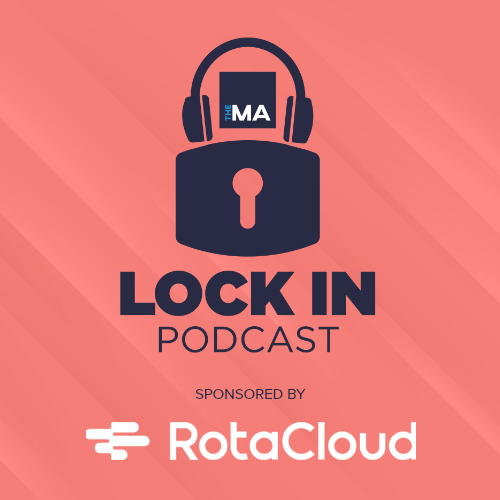Licensees criticise Greater Manchester alcohol strategy

Greater Manchester Combined Authority (GMCA) launched a strategy to tackle alcohol abuse including increasing the use of licensing powers last week, after it revealed excessive drinking costs the region £1.2bn each year.
The figure was worked out using an equation agreed by the Government and Public Health England, which includes costs of hospital admissions, crimes attributed to alcohol, licensing, and unemployment among heavy drinkers (see attached document below).
The strategy will also look into implementing late-night levies and measures within the Anti-Social Behaviour Bill, which include widening closure powers and giving more scope for reviews based on residents’ complaints.
'It's like the Wild West'
Mike Connolly, leader of GMCA and Bury Council, said: “In some areas, it’s like the Wild West — people coming out of clubs having had far too much to drink due to special offers and then causing anti-social behaviour and crime, some of which results in hospital visits.
“We will clamp down on licensed premises that are causing anti-social behaviour and crime. But if publicans encourage people to leave premises quietly and sensibly, residents won’t complain and there won’t be a need to use these powers.”
He added the strategy will look into “tackling the big supermarkets” which “pile [alcohol] high and sell it cheap”.
'Concerned'
Lawrence Hennigan, managing director of Manchester-based Levenshulme Pub Company, said he is concerned the strategy “does not adequately address licensees’ need for a quick response from police” when there are problems and it is “more concerned with saving costs”.
Elaine Clarke, chief executive of Baa Bar, which has three venues in the city, said she agrees more needs to be done to tackle alcohol abuse but there is a danger the strategy is only “a short-term view of the problem”.
She added: “Abuse of closure powers could have a detrimental impact on responsible retailers like ourselves. I think the future is to introduce an independent panel of reviewers to include licensing, residents and retailing bodies to reach a more balanced decision.
“Another initiative could be tougher sentences for violent offenders who engage in disorderly behaviour as a result of excessive alcohol drinking.”
National Pubwatch chairman Steve Baker said: “Many of the alcohol abuse stories can’t actually be placed at the door of pubs and clubs and the fact that licensees are willing to support Pubwatch and Best Bar None and actively engage with Police and local councils shows that they want to be part of the solution and not the problem.”
Alcohol costs
Licensees have also been outspoken on the PMA forums, with some questioning the validity of the combined authority’s alcohol figures.
One commenter named RFM said: “So how did they arrive at this figure given ‘alcohol related’ costs to the NHS is £2.7b for the whole of England. Is this just another case of adding in any perceived cost to make the number bigger.”
However, another under the name ‘david’ replied: “Of course the cost to the NHS is estimated. How do you expect such a figure to be anything other than an estimate? The underlying statistics on which the overall cost estimate is based are clearly specified in the PHE report.”







